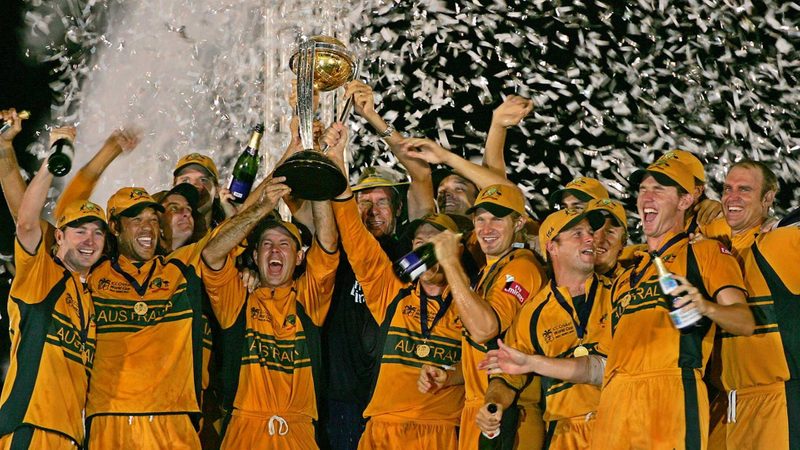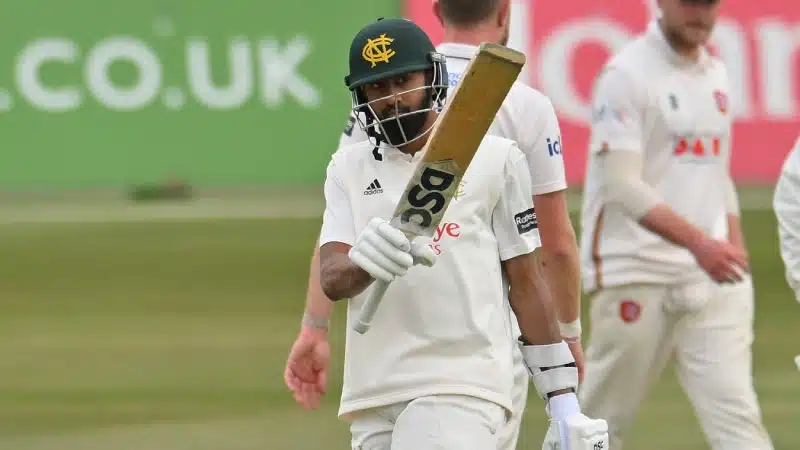
Sri Lanka’s triumph against Australia at the 1996 World Cup under Arjuna Ranatunga saw four new world champions in as many editions. And this victory, apart from representing the Asian resurgence opened the notion that cricket has evolved big time during the tenure.
Heading into fifth (1999) edition, that defeat at hands of Sri Lanka in the final four years back was still afresh. But apart from taking it as a setback, the Aussies took it as a steppingstone to shape their forthcoming dominance at the Cricket World Cup.
Australia’s start (in 1999 WC) was far from convincing. Following an easy rout over Scotland in their tournament opener, two back-to-back defeat against New Zealand and Pakistan dented their pursuit of the second World Cup. On the grounds of superior Net Run Rate though, Australia qualified for the Super Six while West Indies, who had equal points in the tally, bowed out.
There was no looking back since. A convincing eight-wicket victory over Pakistan in the final laid down a foundation on which the team from the land down under would go on to rule the World Cup.
2003: Record holders
 ADRIAN-DENNIS,-AFP
ADRIAN-DENNIS,-AFPWhile the 1992 edition brought a change in world cricket, the turn of the century was another tenure of remodelling the format. For the starters, it was the first time that more than 50 matches were to be played. Also, it the first time that Africa was hosting the cricketing extravaganza.
It was also an edition marred by several controversies, which saw Shane Warne being sent home just one day before Australia’s tournament opener after testing positive in a drug test. Nevertheless, losing their marksman had a little effect in Australia’s pursuit of their record third World Cup title.
Australia picked the momentum where they had left in 1999. Undefeated throughout the tournament, the Australian batting order dismantled the Indian bowling attack in the final, riding on the back of an unassailable 234-run stance between their captain, Ricky Ponting (140*) and Damien Martyn (88*).
A World Cup record of victory by 125 runs (in final) was achieved. And little did anybody know that this was just a beginning of up and coming supremacy.
2007: A hat-trick in the Caribbean
 ADRIAN-DENNIS,-AFP
ADRIAN-DENNIS,-AFPIn another first, the World travelled to the Caribbean for the first time in history. As many as 16 teams were participating and for the first time, the tournament had four groups. But Australia, who were second in the ODI rankings in the build-up to the tournament, were least stirred by the venue.
Once again undefeated through the group stage followed by the knockouts, Australia bettered their previous tally of 11 wins out 11 games in 2003 to 12 wins in 12 in 2007. Australia’s ascendancy during the 2007 World Cup can be portrayed in the fact that they won two back to back games with more than 200-run margin. Although it came against Scotland and Netherland, their authority over South Africa (win by 83 runs) in their final group stage game is another specimen.
And for the second time in World Cup history, they faced Sri Lanka in the final. With an eye on vengeance in mind, Australia posted 281/4 on the back of Adam Gilchrist’s 149 (highest individual score in World Cup final) and restricted the Islanders to mere 218 to complete a historic hat-trick of the World Cup.




















